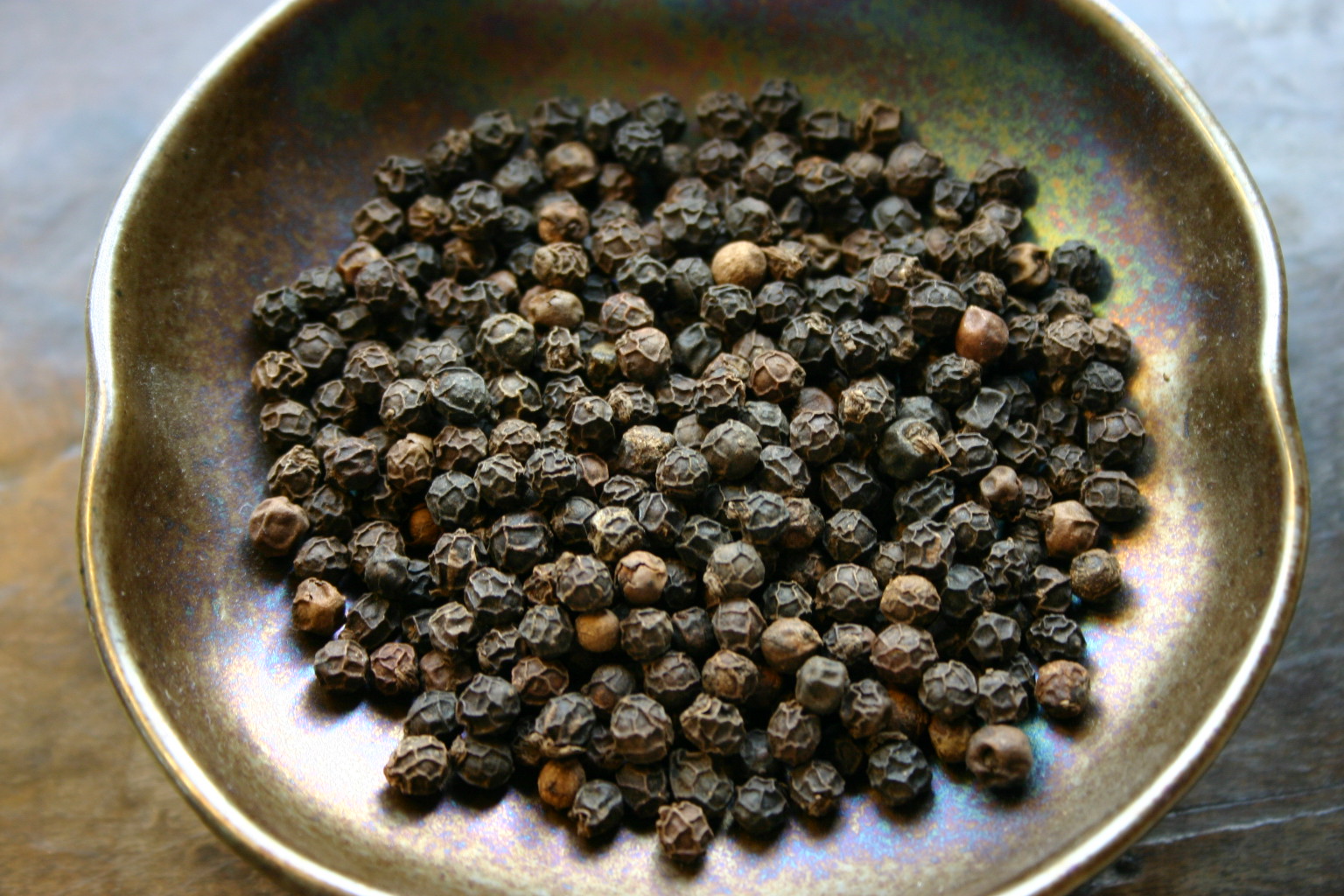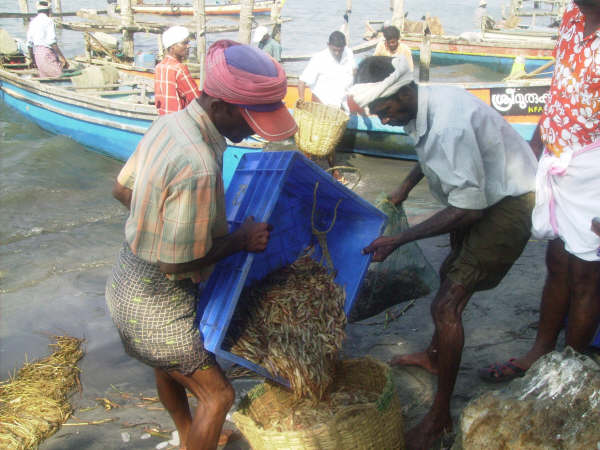Kerala fights clock in ASEAN free-trade deal
Inter Press Service | Aug 11, 2009
Kerala fights clock in ASEAN free-trade deal

By Ranjit Devraj
NEW DELHI — Southern Kerala state is known for the lush expanses of cardamom, pepper, tea and rubber that grow on its misty hills, and the bountiful catches of fish on a coastline punctuated by lagoons and backwaters. But a cloud in the form of a a free trade deal with the Association of Southeast Asian Nations (ASEAN) bloc hovers over this picture of plenty.
With the Indo-ASEAN Free Trade Agreement (FTA) now slated to become operative in January 2010, agricultural experts, fishermen’s representatives, trade union leaders and Kerala’s Marxist Chief Minister VS Achuthanandan have been at pains to convince the pro-reform central government of Prime Minister Manmohan Singh that the deal should be postponed or even scuttled.
India is a dialogue partner at ASEAN — which comprises Brunei, Cambodia, Indonesia, Laos, Malaysia, Myanmar, the Philippines, Singapore, Thailand and Vietnam. ASEAN already has FTAs with three other dialogue partners — China, Japan and South Korea.
"The center has bypassed its constitutional duty to take Kerala and other states into its confidence before deciding to go ahead with this deal," Achuthanandan told Inter Press Service (IPS) soon after a meeting with Singh in the national capital last week to discuss the issue. "We are yet to see a copy of the proposed pact which, if signed, will undoubtedly affect the fisheries and plantation sectors."
It does not help that Kerala - a state of 32 million people, with high human development indices - is ruled by the Communist Party of India - Marxist (CPI-M), which is bitterly opposed to the pro-liberalization polices of Singh’s Congress party-led government.
Supporters of the deal within the central government argue that Indo-ASEAN trade is an unstoppable process that has seen a rise to US$39.4 billion last year from $6.93 billion between 2000 and 2008.
The FTA, these supporters say, will see a phased reduction in tariffs to zero on more than 4,000 goods, out of the 5,000 that are currently under trade. There would also be a negative list to protect certain items until a level playing field is achieved.
"A free trade agreement with the ASEAN is an international political commitment and is also part of the ’Look-East’ policy," Singh reportedly told his cabinet colleagues when the issue came up for discussion last week. He pointed to the fact that Australia, China, Japan, New Zealand and South Korea have already signed FTAs with ASEAN and said India could not be seen to be lagging behind.
According to a cabinet minister who attended the discussions, India would — through the FTA — gain access to machinery, steel products, chemicals and synthetic textiles and win business opportunities in ASEAN countries including in a more open services sector.
The central government’s logic is that ASEAN, with 600 million people, against India’s billion plus, presents a substantial opportunity for Indian exporters and businessmen.
There is a new emphasis in international trade on bilateral and regional agreements as multilateral trade agreements under the World Trade Organization have hit an impasse in the Doha round of discussion. There is also a need for India to improve productivity and quality as it gradually integrates into the global market.
"Such arguments are all very well but the ground realities are very different," says Thomas Verghese, a distinguished agricultural scientist and chairman of the Kerala State Prices Board. "There are huge differences in productivity, labor costs and inputs in the participating countries which cannot be easily bridged."
Speaking with IPS by telephone from Thiruvananthapuram, Kerala’s capital, Verghese said that while the productivity of pepper is 380 kilograms per hectare in India it is 1,000 kilograms per hectare in Vietnam and 3,000 kilograms per hectare in Indonesia. "If this FTA goes through, pepper may cease to be produced in Kerala, the land where it originated."
Verghese said that even within India there existed issues that were specific to Kerala - such as the relatively high labor wages at $6 per day, or the special importance of crops such as coconut for the local economy and for food security.
"Kerala’s farmers already have the bitter experience of past free trade agreements, such as the South Asia Free Trade Agreement signed in 2006, which saw the state flooded with cheap Sri Lankan coconuts. Also the import of cheap palm oil from Malaysia and Indonesia has seriously affected coconut cultivation," Verghese said.
According to Verghese, Kerala’s four million coconut farmers stand to be truly ruined by the Indo-ASEAN FTA because it will allow the import of coconut oil from the Philippines — a major producer which enjoys significantly lower costs of production.

But, Verghese said the sector that is going to be hit worst is fisheries — particularly artisanal fishing, which will be unable to compete with the factory fishing carried out by such countries as Thailand. "Some two million fishermen and their families are at risk in Kerala alone," he said.
Sensing the danger, the National Fish Workers Forum and the Kerala Free Fish Workers Federation (KSMTF) are leading a nation-wide programme of agitation aimed at halting the trade deal with ASEAN.
"Cheap imports of fish will threaten the livelihood of fish workers. The pact will enable the dumping of 177 species of fish in the Indian market," said KSMTF president T Peter. "We are confident of winning popular support from consumers in India because the fresh catches of anchovy, lobster, crab, sardine, mackerel, shark, shrimp and squid they are used to will soon be replaced by refrigerated imports."
Peter said that at a time of deep financial and agrarian crisis — when many countries are rejecting free trade policies — the Singh government’s argument that India will be isolated in the world economy if it does not sign this FTA was hard to swallow. "We do not believe that adequate scrutiny of this FTA has been done — agriculture and fisheries groups in Kerala and other states have certainly not been consulted."
"As far as fisheries are concerned, recent years have seen fish stocks depleted due to over-fishing by trawlers and foreign vessels and falling prices forcing many fishermen in Kerala to find other means of livelihood," Peter said. "Further liberalization of fisheries in the name of increasing trade will only deepen the problems of the fishing community."
The biggest threats come from Thailand, the world’s largest exporter of farmed shrimp, and Vietnam, the world’s eighth largest seafood exporter.
Afsar Jafri from Focus on the Global South, a regional research and campaign group that monitors trade liberalization initiatives in Asia, said Malaysia’s powerful palm oil industry has been lobbying hard for the FTA. "Malaysia is the world’s largest producer of this vegetable oil and its duty free import into the Indian market will adversely impact crops like tea, coffee,coconut, rubber and pepper farmers."
Verghese said that Kerala’s food security has already been compromised by an extensive shift from staples such as paddy to cash crops with the central government providing no support against price fluctuations.
"Even if a negative list provides protection to major cash crops, as is being claimed by central leaders, it is only for a few years," Verghese said. "What is the guarantee that crops like rubber, tea, pepper and coffee will gain in productivity and competitiveness in that time?"





